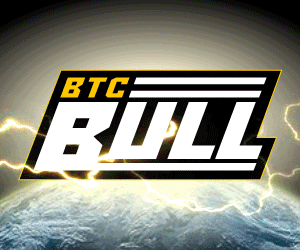法幣
虛擬幣
$8,262,059
$34,927
62,687,368 IRON
Iron Fish (IRON) 代幣 分佈
Iron Fish(IRON) 代幣分配
| 分類 | 佔比(%) | 佔比數量 | 描述 |
|---|---|---|---|
| Iron Fish基金會 | 18% | 11,283,726 IRON | - |
| 空投給測試網參與者 | 2.25% | 1,410,466 IRON | - |
| 對于未來的空投 | 2.25% | 1,410,466 IRON | - |
| 種子前系列投資者 | 5.1% | 3,197,056 IRON | - |
| 種子系列參與者 | 9.9% | 6,206,049 IRON | - |
| A輪融資投資者 | 14.5% | 9,089,668 IRON | - |
| 顧問 | 0.6% | 376,124 IRON | - |
| 核心開發團隊 | 37.4% | 23,445,075 IRON | - |
| IF 實驗室 | 5% | 3,134,368 IRON | - |
| 捐贈基金 | 5% | 3,134,368 IRON | - |
Iron Fish代幣銷售
Iron Fish is a decentralized, proof-of-work (PoW) based, censorship-resistant, and publicly accessible blockchain project. It is designed to support strong privacy guarantees on every transaction.
Iron Fish is designed to be a new cryptocurrency from the ground up to enable easy-to-use, fully-private payments by closely following the Sapling protocol. Every account is equipped with a view key to grant its holder read-only permission for the details of that account.
With this protocol, Iron Fish is challenging previous patterns of full node usability. The Iron Fish networking layer supports WebRTC with WebSockets, making it trivial for all users to make a true P2P connection with no other setup requirements. The first Iron Fish implementation is built such that it can be extended to run a full node directly in the browser in future iterations. And the focus is to lower the barrier to entry so that any person with a computer feels comfortable enough to run a full node.
The Iron Fish blockchain algorithm dynamically adjusts the mining difficulty to achieve 60 second average block times, by either increasing or decreasing mining difficulty if previous blocks are observed to be coming in too fast or too slow.
To be a miner, a node must have both of the global data structures synced (the Merkle Tree of Notes and the Merkle Tree of Nullifiers), and know at least the two most recent blocks.
Iron Fish, a decentralized blockchain network that aims to create a cryptocurrency as private as cash, has raised $27.7 million in a Series A round led by Andreessen Horowitz (a16z) ahead of the network’s Dec.1 testnet launch.
Other investors in the round included Sequoia, Electric Capital, MetaStable, Arrington XRP, Terra co-founder Do Kwon, Thesis CEO Matt Luongo and Anchorage co-founder Nathan McCauley.
夯預售代幣






